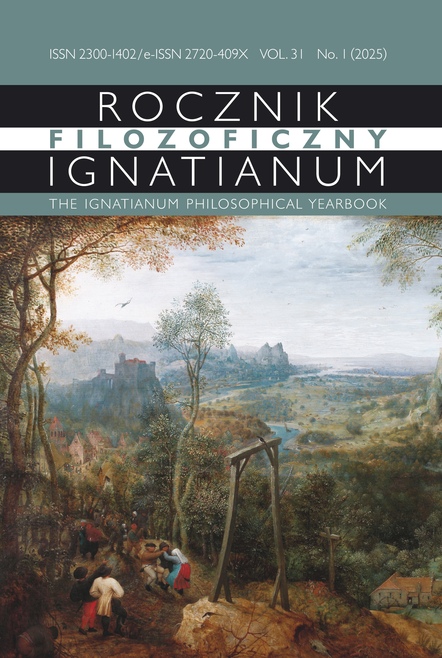Reward and Punishment as Elements of Professional Incentives in the Krakow Brewing Community in Light of the Guild Statutes of 1568
Abstract
This article deals with the subject of reward and punishment among a group of townspeople representing the maltsters, brewers and innkeepers of Kraków, in the light of the guild statutes of 1568. Beer brewing in towns was free and common. This was due to the different nature of the professions associated with beer production compared to other crafts. The guilds of maltsters, brewers and innkeepers were open in nature, as any urban citizen associated with these professions could belong to them. The other guilds were of a closed nature, protecting the interests of the craftsmen gathered in them. The above-mentioned statute of 1568 (Statuta tabernatorum Cracoviensium) consists of a Latin invocation and 35 articles written in Polish. Elements of punishment and reward are written into the content of many of the articles, although we observe a clear imbalance between these elements. While there are only three instances of some form of reward, there are as many as 18 instances of punishment for various offences. The balancing element is privileges, of which there are five. We can distinguish between penalties of a general nature, imposed on guild mates (sometimes distinguishing between older and younger ones) and masters. They were imposed in the form of a wax tribute, a weekly wage or in money. Penalties had different weights and thus different severity. When imposing them, the material status of the group was taken into account. Pupils, unpaid and under the care of masters, were punished immaterially. The function of punishment, while having a motivational character, was to restore and maintain the lost balance. Many punishments were of an earthly nature, while the reward could usually only be hoped for after death – in heaven. Thus, an earthly punishment led to an eternal reward.
Copyright (c) 2025 Ignatianum University in Cracow

This work is licensed under a Creative Commons Attribution-NoDerivatives 4.0 International License.
The Yearbook only accepts materials for publication that are free of all conflicts of interest, and that in no way involve conflicts over authorship, copyright, etc. The Editors will take action against any cases of plagiarizing, ghostwriting1, guest/honorary authorship2, etc. Where co-authored work is concerned, the Author listed first is expected to take responsibility for the submission, and is required to make clear the contributions of all of the Co-Authors involved. In the event of the publication owing its existence to funding dedicated to this purpose, this fact should be made clear: e.g. in any note of thanks/acknowledgement, or in a footnote, etc. Explicit notification should be given of any form of reprinting, with the appropriate evidence of permission to publish being furnished as required. Any impropriety on the part of Authors/Reviewers risks exposing them to appropriate responses from the relevant institutions.
______
1 This term refers to instances of a person who has made an essential contribution being omitted from the list of authors, or from notes conveying gratitude and/or acknowledgement.
2 This occurs when a person who has made either an insignificant contribution or no contribution at all nevertheless appears on the list of authors.





